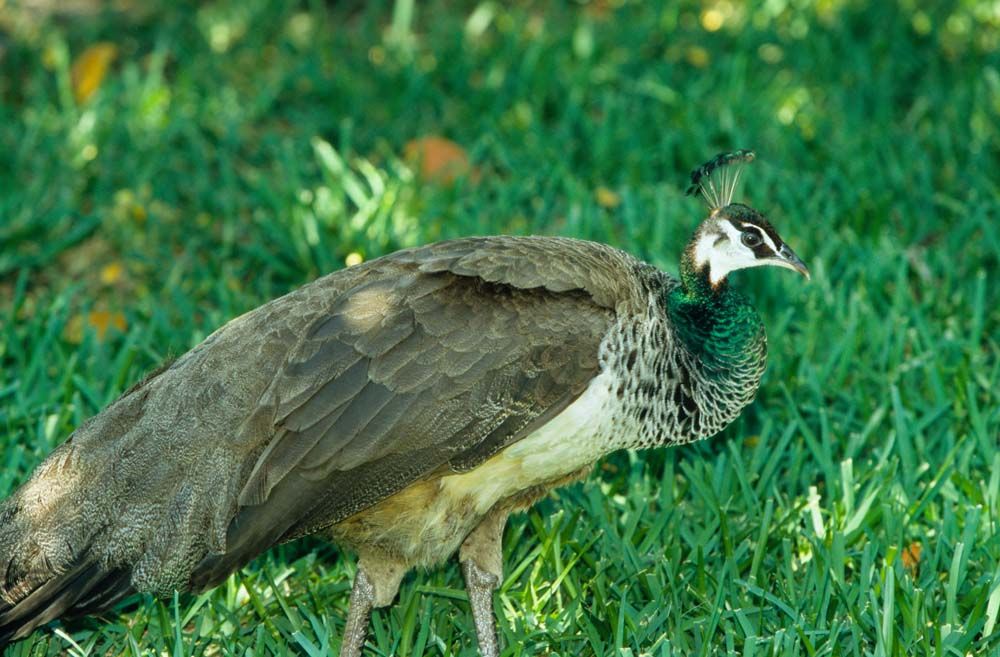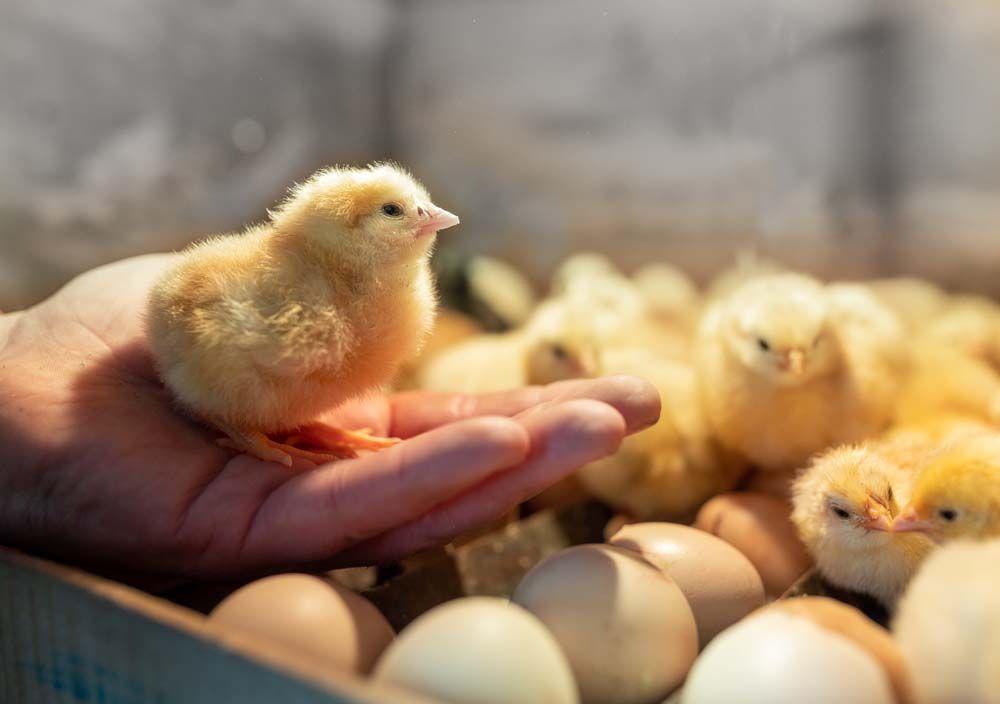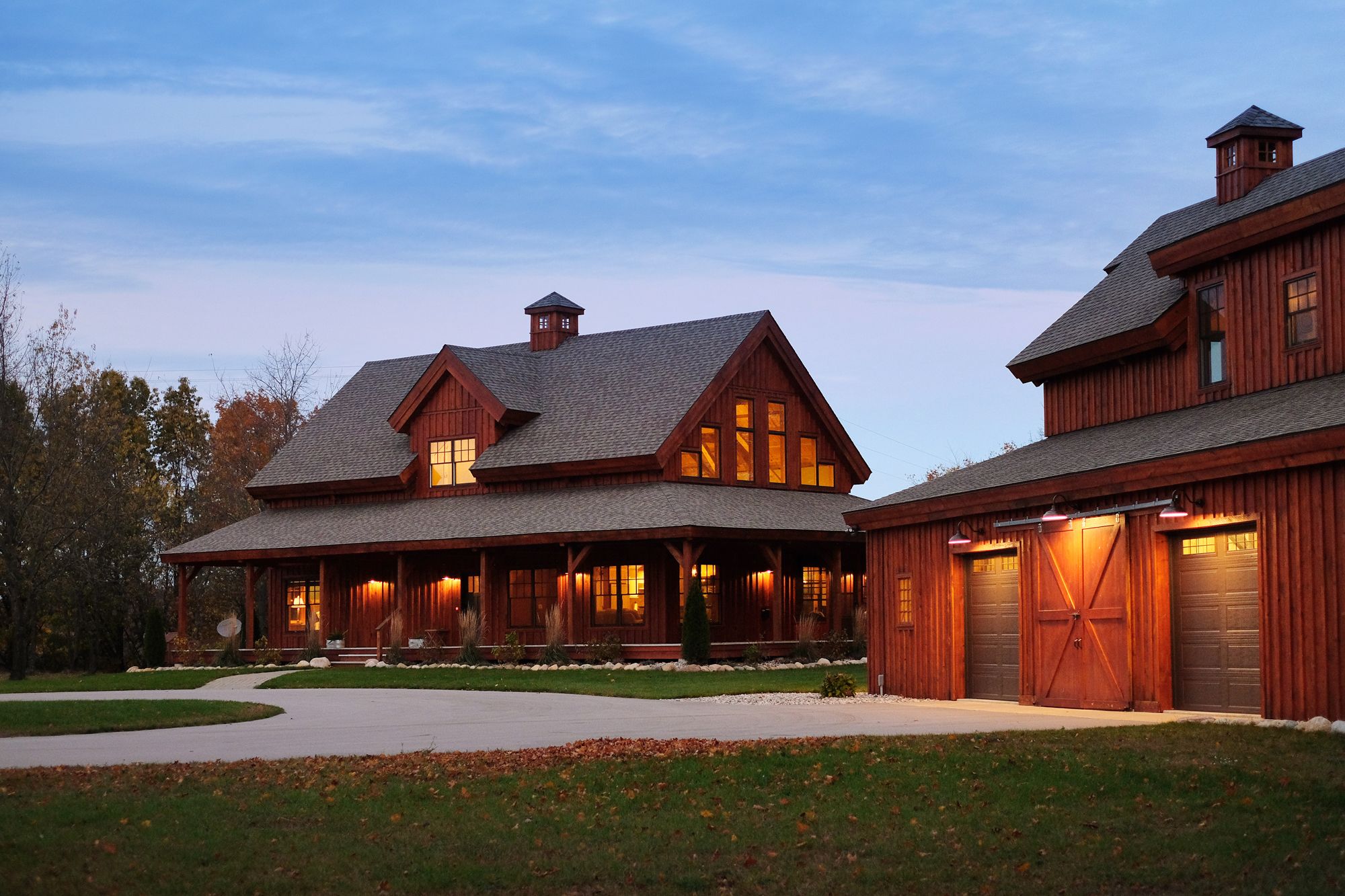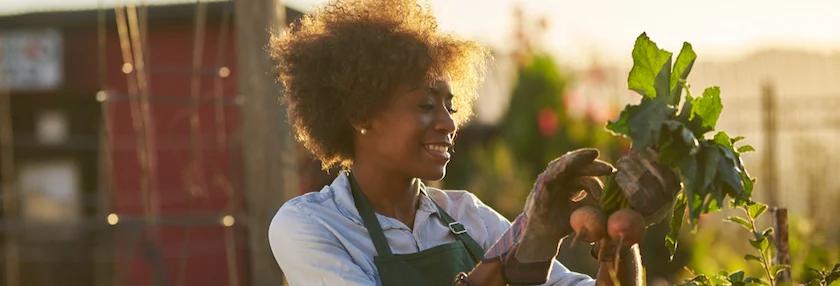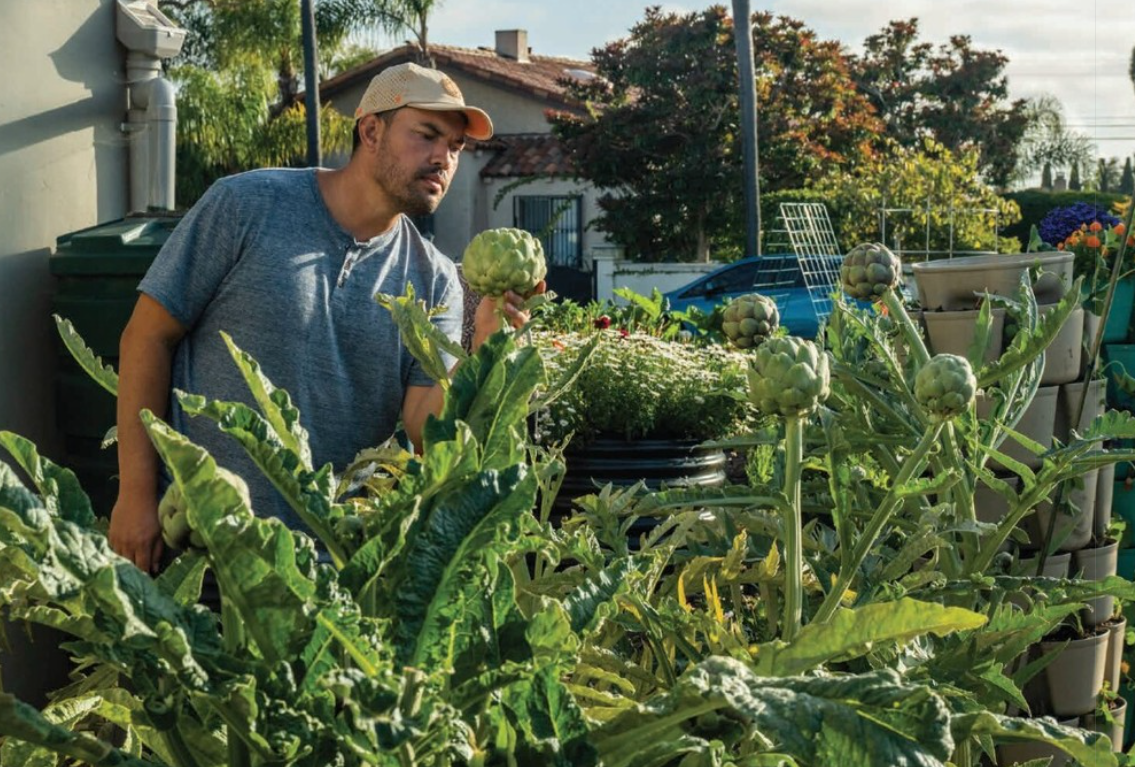Snakes! Farmer Friend or Farmer Foe?
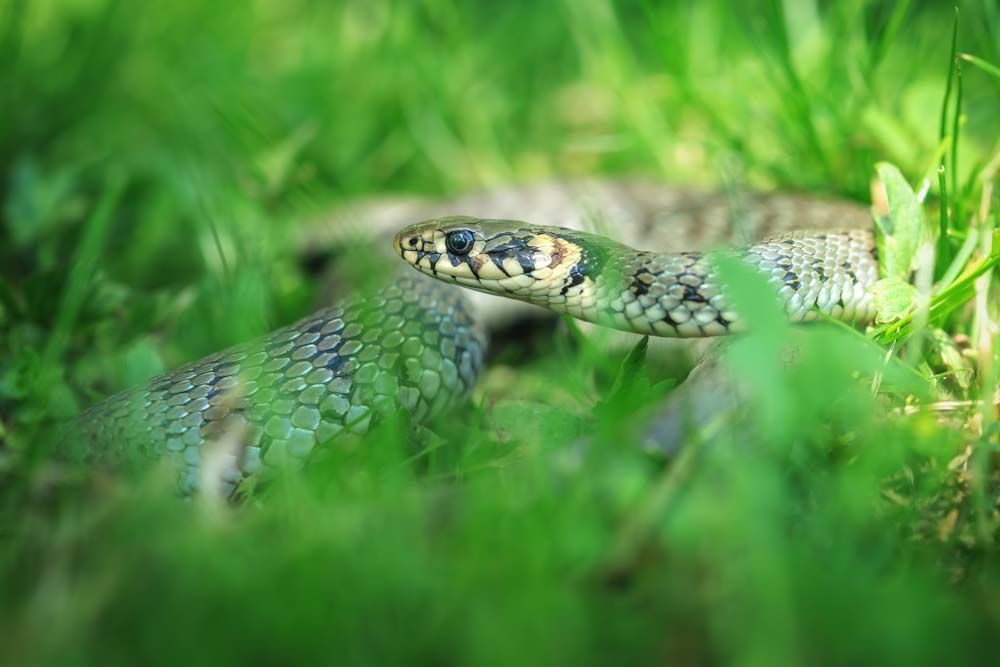

What’s that in the tall grass? A rustling noise, followed by the wavy, sliding motion of a legless reptile…a snake!
Many people dislike (despise, abhor) snakes, but how should farmers feel about them? Are there benefits to snakes? Are there downsides? Turns out there are some of both, so before you seek to run screaming from the next slithering serpent you see, why not become a little more informed about them? Depending on the situation, that snake just might be more friend than foe.
Farmer friend
Despite any personal feelings you may harbor about members of the suborder Serpentes, there’s no question that snakes are generally beneficial creatures in nature. All snakes—without any known exceptions—are strictly carnivorous. This means that any snakes living on your farm are probably doing more than their fair share of controlling the farm’s population of rats, mice, voles, slugs, and insects. Those pests have potential to do far more damage to your property than snakes.
Rodents and insects invade buildings in great numbers, chew things up, wreck garden crops, and spread disease, while snakes…kind of quietly do their own thing. Snakes pretty much keep to themselves and prey upon the troublesome rodents that annually cause billions of dollars of agricultural damage. Snakes also indirectly keep tick populations down since rodents spread ticks, and thus snakes can help stop the spread of Lyme disease. For the most part, small, non-venomous snakes are a good ally on your farm.
Farmer foe
However, for all their benefits, snakes do also have some downsides. Let’s not be naïve—there are venomous snakes in the U.S. and these are indeed a threat to people and livestock. Copperhead and Cottonmouth snakes in the Southeast, Coral snakes in the south, and Rattlesnakes sprinkled throughout the West Coast, Rocky Mountains, and Eastern U.S. are just a few of the venomous snakes to be found in North America. These can be serious concerns, especially since snakebite effects can sometimes be worse for humans than livestock due to the difference in body weight. And even a non-venomous snake can cause a painful bite.
And then there are the hosts of snakes—venomous or not—that prey on chickens, chicks, eggs, other types of poultry, and small mammals like rabbits. Snakes that cause damage in this way can feel like a serious foe indeed!
When encountering a snake, the general advice is to leave it alone. Startled snakes generally try to flee, and are more likely to bite if they are cornered or handled. If you suspect your livestock has been bitten, try to keep the animal calm, call your veterinarian, and follow their directions to the letter. It can help if you can identify the snake in question, which leads us to the next tip …
Learn your snakes
Reptile field guides are an awesome resource for identifying snakes, especially when it comes to look-a-like species that are colored similarly. Alternatively, apps on your phone like Google Lens and its kin can help you make an identification using a photo of the snake.
The downside to either of these methods is that if you’re unsure if the snake is venomous, getting closer for a positive identification probably isn’t wise. So it may be worth your time to learn which snakes are native to your region, and study the color patterns of the venomous verities in advance so that you can quickly ID in the field if needed.
Keep them at a distance
If you do have venomous snakes in your region, or snakes that are causing chicken trouble, or if you simply dislike having them startle you or your livestock, you can take some steps to keep snakes away from your farmyard—and discourage rodents at the same time. The main trick is to remove places where snakes (and rodents) like to hide.
Snakes are always rushing for cover—to areas of unmowed grass around the barn, old piles of rocks, lonely stacks of pallets—you get the idea. It’s not always easy to achieve on a farm, but the less mess, the better. Then there is the matter of snake-proofing the chicken coop—not simple, but can be done with the right combination of coop elevation and hardware cloth.
In the end, snakes can be a good thing! They help keep your farm clear of nuisance rodents, but you still need to be aware and alert, especially in regions with venomous snakes. Do your research, and hopefully both you and the snakes can live in peaceful harmony.
About the author
Samantha Johnson is a writer, farm girl, and the author of more than a dozen books on rural living. She lives on a farm in northern Wisconsin with a colorful herd of Welsh Mountain Ponies, a bossy Welsh Corgi, and a wide assortment of tomato plants. View her portfolio at samanthajohnson.contently.com
Tags:Country Living

Acreage Life is part of the Catalyst Communications Network publication family.







